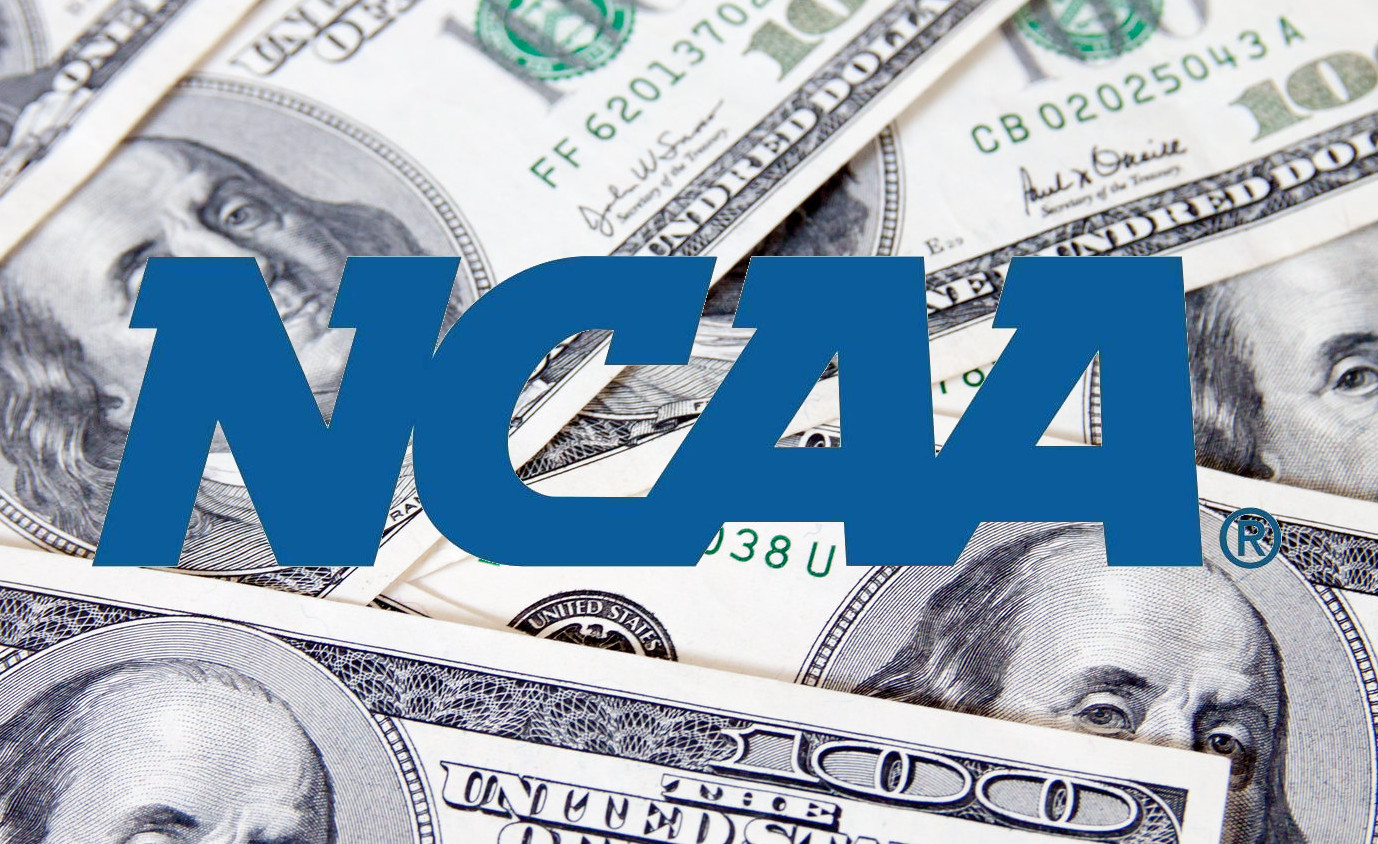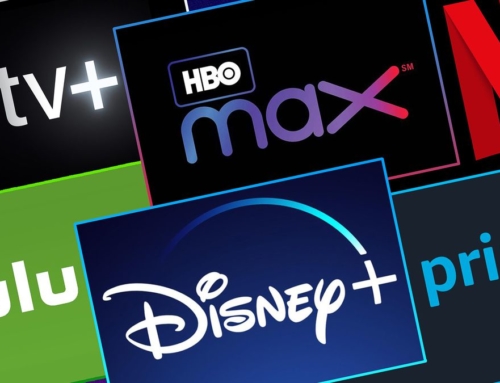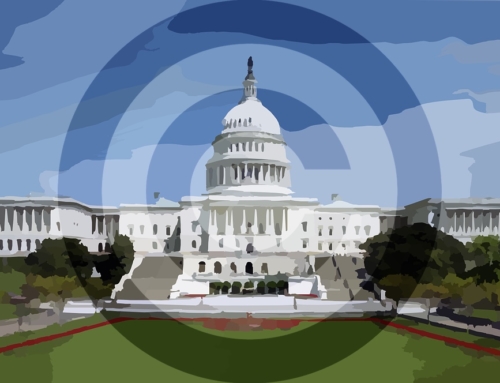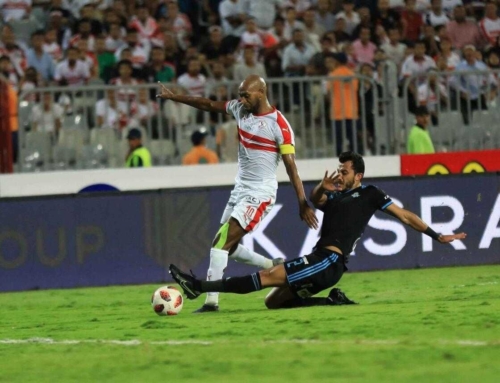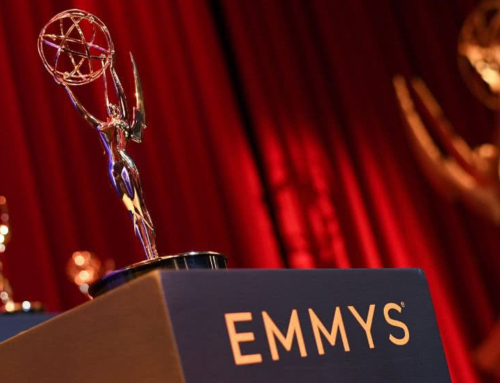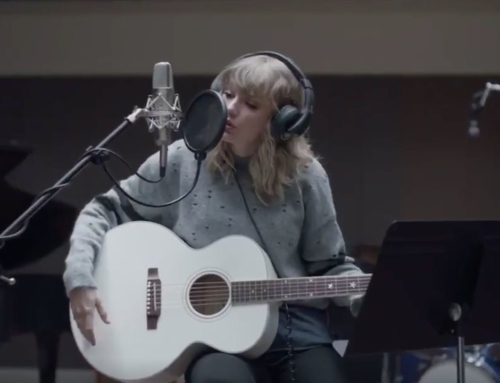For years, the NCAA has been at odds with student-athletes — and those that support them — in the debate of whether or not athletes playing at the college level are owed compensation for the athletic prowess they demonstrate at the schools they attend. As it currently stands, college athletes are prohibited from earning any income from the use of their image or likeness or from endorsements. Instead, schools across the country — and the NCAA itself — continue to profit from the success of their athletes, taking in millions of dollars each year. In recent years, lawmakers have stepped into the debate in order to better regulate the world of college athletics. Most recently, lawmakers in California have introduced a bill that would clear the path for college athletes to earn income from endorsement deals. However, athletes won’t be celebrating just yet, as the bill presents its own set of challenges. Here is the good, the bad, and a reflection on the impact this bill could have on athletes in California and across America.
Pros
On the surface, the passage of this law seems to present a myriad of advantages for athletes — and the schools they attend — both in the immediate future and moving forward. The most obvious advantage, of course, comes from the resolution to finally pay student-athletes for their athletic skill and the contributions they make to the financial success of their school. In turn, this can also come to be seen as an advantage for the educational institutions as well, since the legislation stipulates that schools will not be responsible for paying the athletes. Instead, the money will come from brands and entities looking to partner with a specific athlete. In the simplest terms, this will occur in the form of an athlete appearing in commercials for brands like Nike or McDonalds, or small businesses using an image of the athlete on a billboard to promote their goods. However, the law will also allow athletes to earn income from the sale of their image and likeness, in the form of social media monetization and independent merchandise sales.
In a broader context, the passage of this legislation in California will likely spur on other states to follow suit. Lawmakers in New York, Florida and South Carolina have already announced plans to do so, in what will likely create a ripple effect across the country in terms of advocation for the rights of student-athletes in regards to profiting from the use of their image.
Cons
While the aforementioned aspects to the California legislation are positive, the new law isn’t immune to criticism. The fact that changes such as these are happening at the state level instead of the federal level presents the biggest obstacle in ensuring a favourable outcome for every party involved. As it stands, the NCAA has challenged the law and claimed that implementing it in its current form would prevent schools in California from participating in NCAA events. The NCAA has also claimed that the law is unconstitutional, as it infringes on their right to conduct interstate business. Given the reliance that student-athletes have on the NCAA to further their athletic careers — athletes at this level are only considered “draft-eligible” if they’ve attended an NCAA school — if the association is correct in any of their claims, then students would likely feel more inclined to apply for schools outside of California, making these schools even more competitive to enter than they already are.
Furthermore, the law prohibits athletes from accepting endorsement deals that conflict with their schools’ existing contracts. This means that a student could not accept a deal from Nike if they attend a school that has a pre-existing contract with Adidas. While this could be seen as good news for the schools, it could also allow companies to monopolize the market. Under this provision, companies could sign athletes much sooner than they normally would, under the guise of enhancing a pre-existing relationship with the athlete’s school. This could prevent athletes from applying to certain schools and would take away some of their bargaining power on the free market.
Ramifications
The California law will most likely be challenged in court. The NCAA will most likely appeal the law on the grounds that it would violate the “commerce clause” of the Constitution, which prevents states from interfering with interstate commerce. However, this could be mitigated by a congressional act that would turn the proposed Act in California into federal law. As numerous lawmakers have already begun the process of introducing similar laws in their respective states, this could have a sweeping effect across the country. Washington State is at the forefront of this momentum, having had a similar motion approved by a Senate committee earlier this year. The only caveat to that Act was that it would not go into effect until states with populations totaling 50 million passed similar laws. If the legislation in California is enacted, that would account for more than three quarters of the required population figure, causing a ripple effect in other states.
While the NCAA has claimed that if this law does go into effect, it will exclude schools in California from participating in NCAA events, this will likely not be enforced as it would violate federal antitrust laws. Doing so would also cause a major blow to the NCAA itself, as some of the most powerful sports schools in the country are based in California. This particular fact will likely force the NCAA to concede slightly and start to negotiate, rather than appeal the laws and regulations that are quickly becoming a reality.
While the NCAA has remained adamant throughout the years that its business model does not — and cannot — include compensation for its athletes, that attitude is quickly being forced to change. Although this particular bill in California does not present all of the answers and includes challenges of its own, it is a step in the right direction in ensuring that athletes are given what they deserve. Even if this bill does become law, it will not go into effect until 2023. That means that the NCAA still has ample time to work out a solution that can benefit the association, the schools and the athletes themselves. At this point, the NCAA would be wise to start moving in this direction, as the most recent research available suggests that a majority of the American public have also come to support the notion of compensating student athletes. Monumental changes such as these do not happen overnight though. It will surely be some time before any such change is seen at a national level, which will give every party involved the time to inch forward towards middle-ground to find an amicable solution to what has become a convoluted problem.


